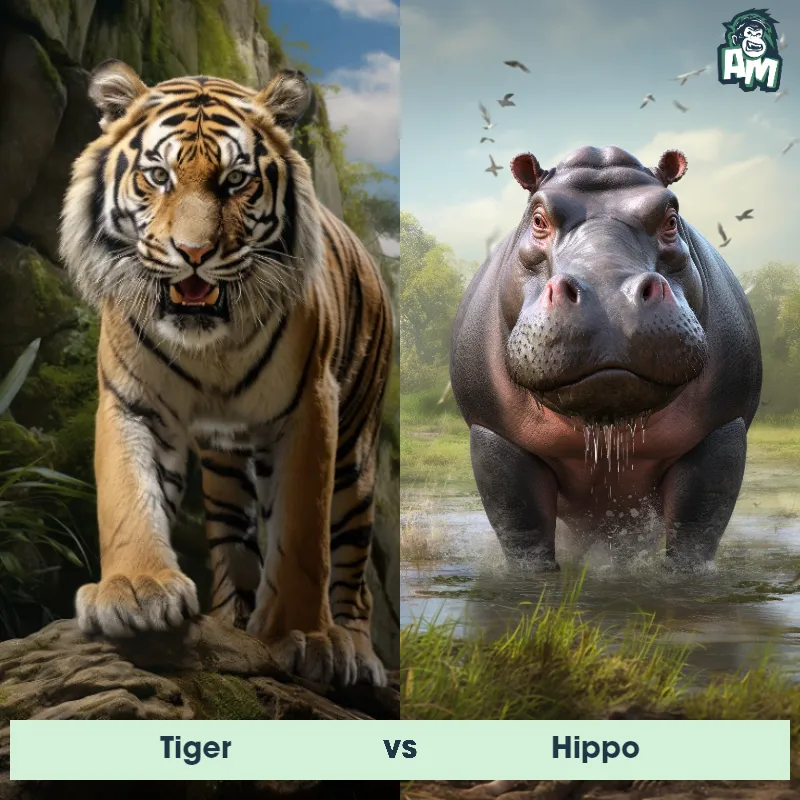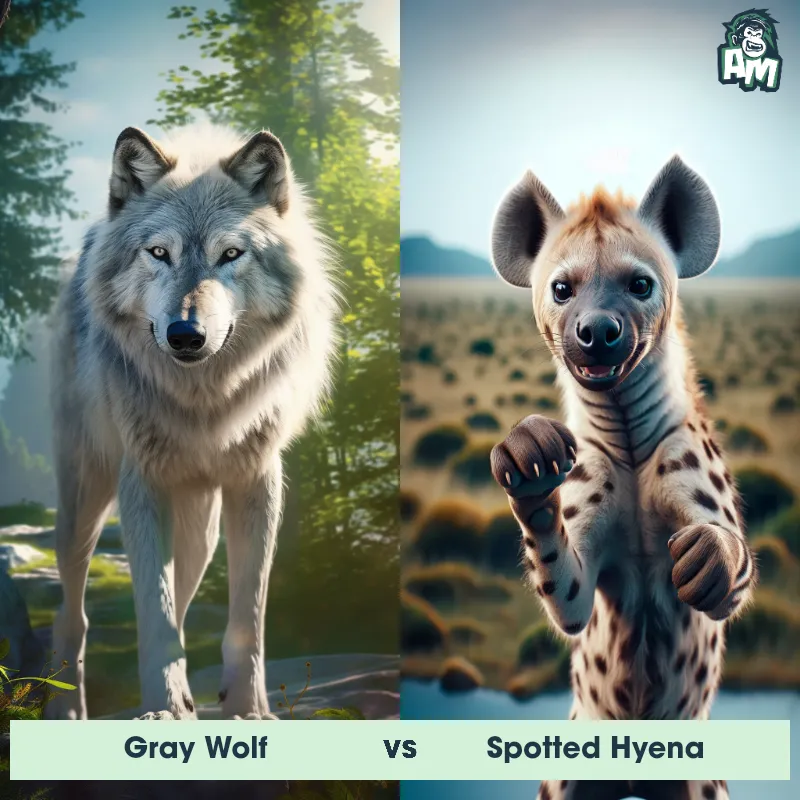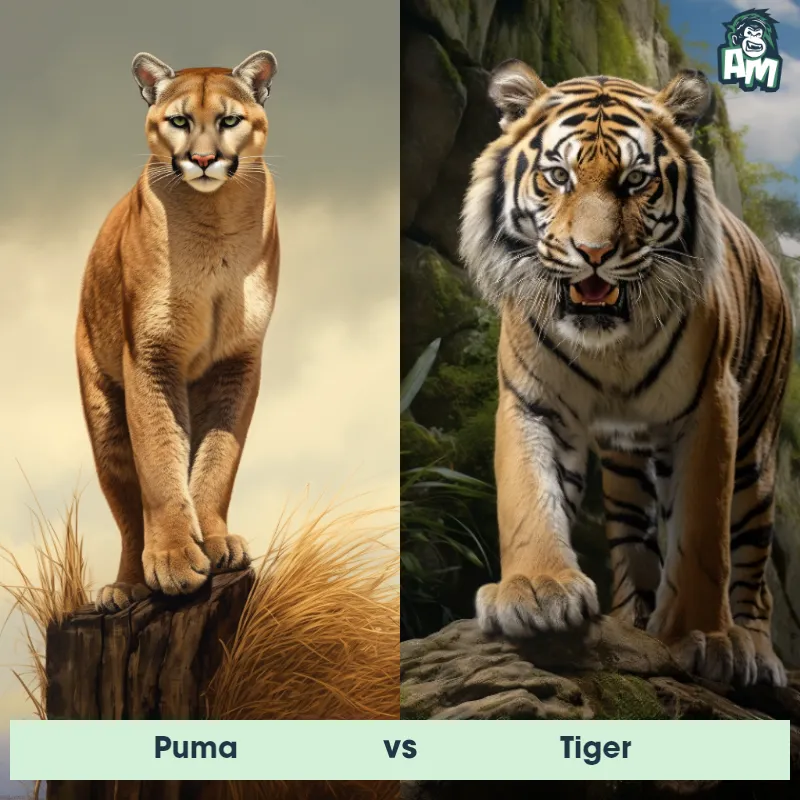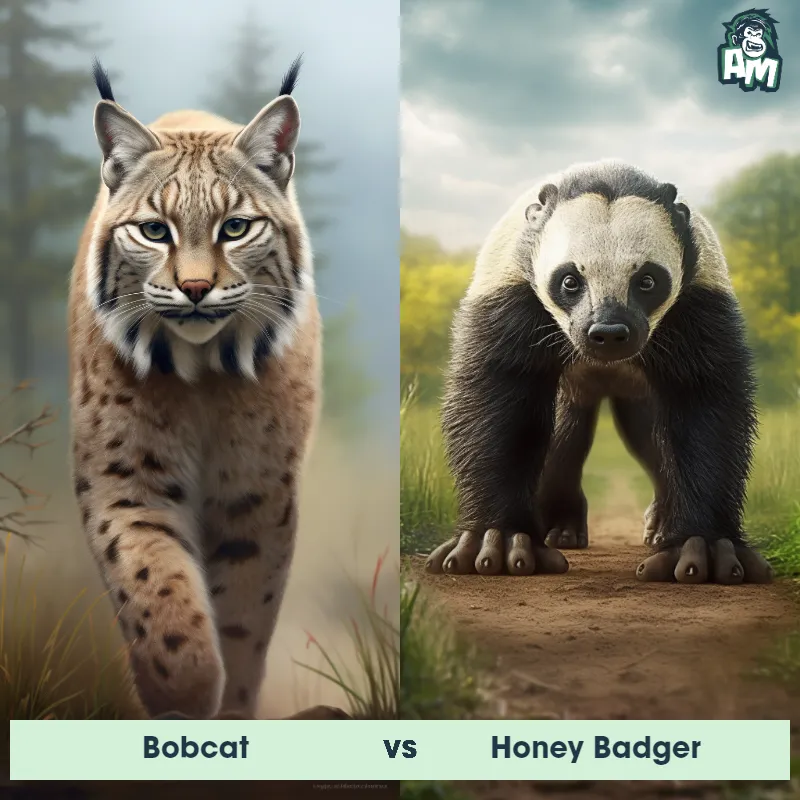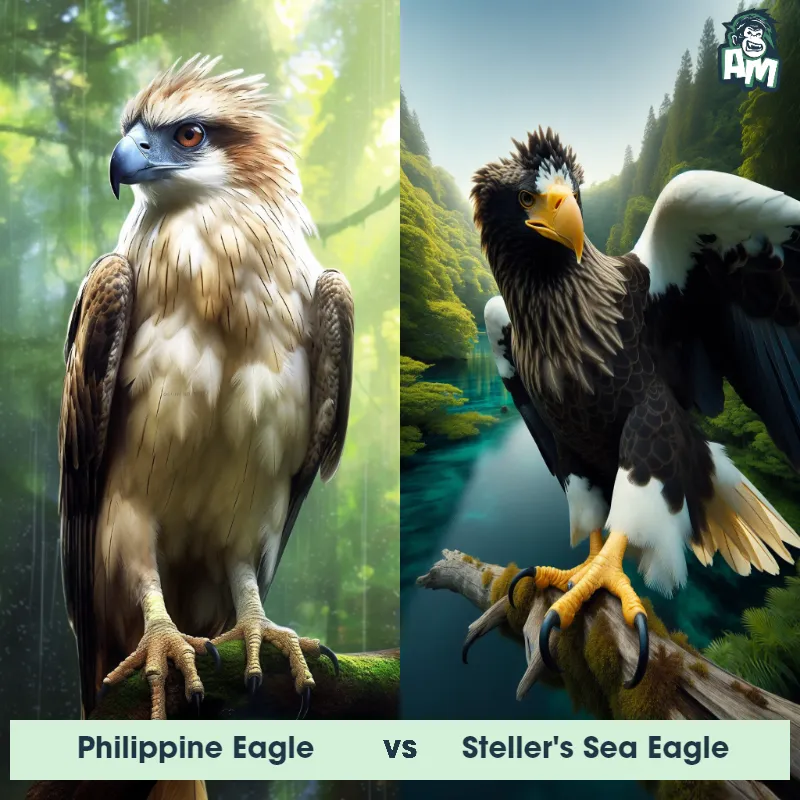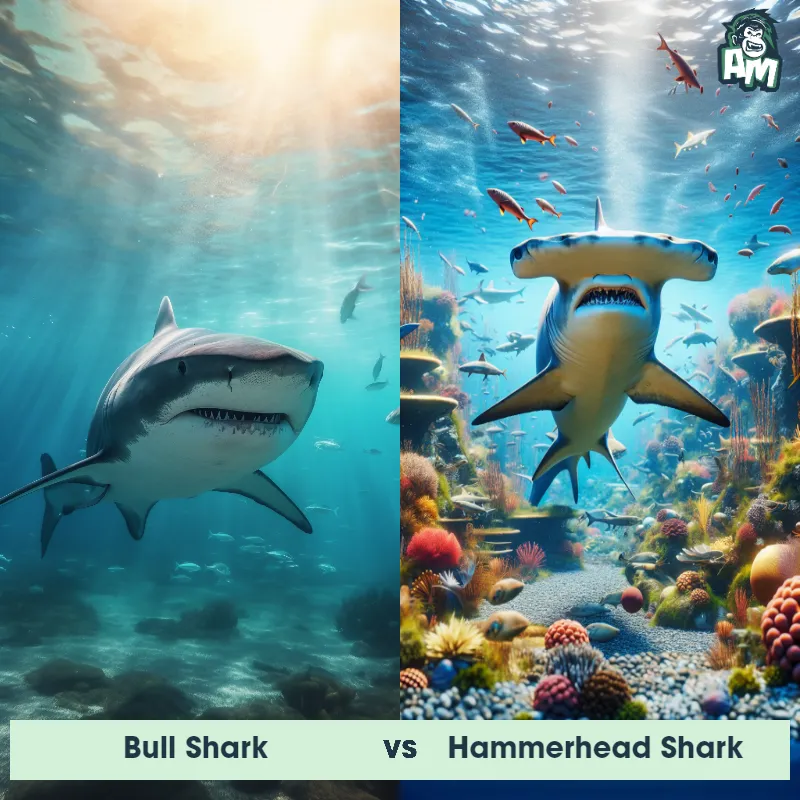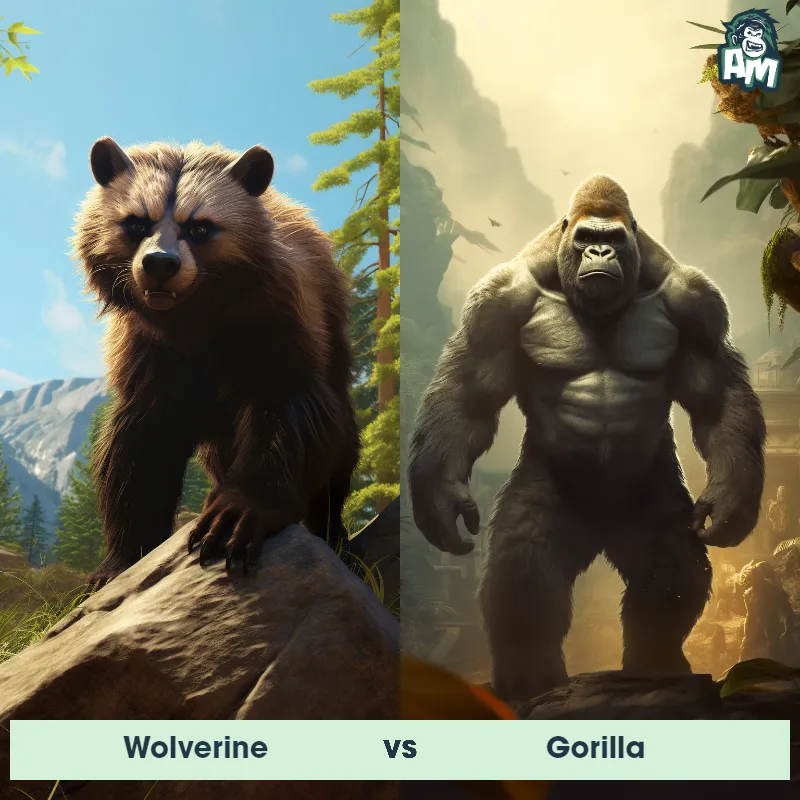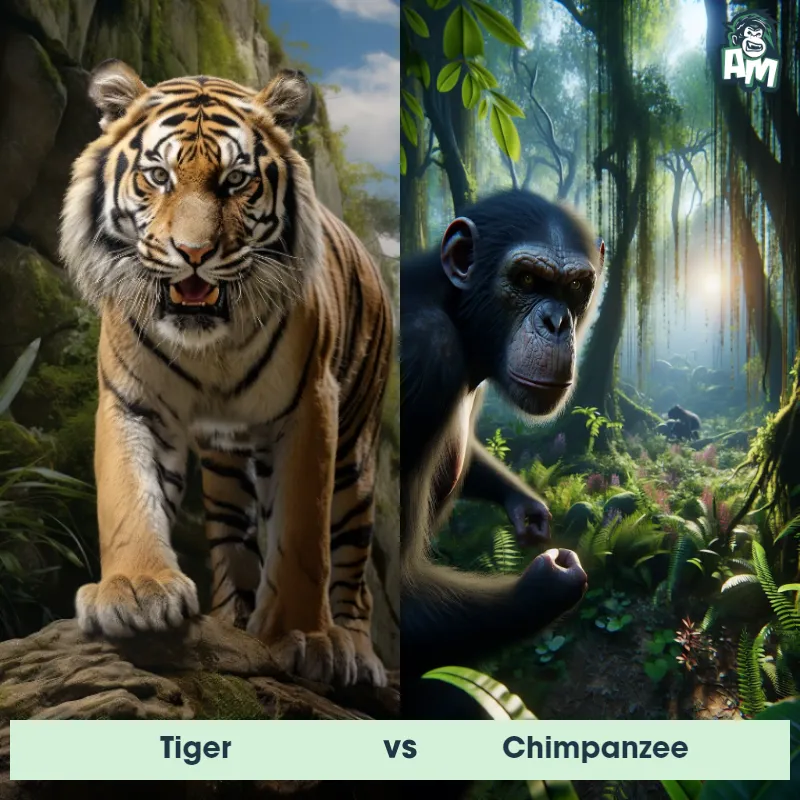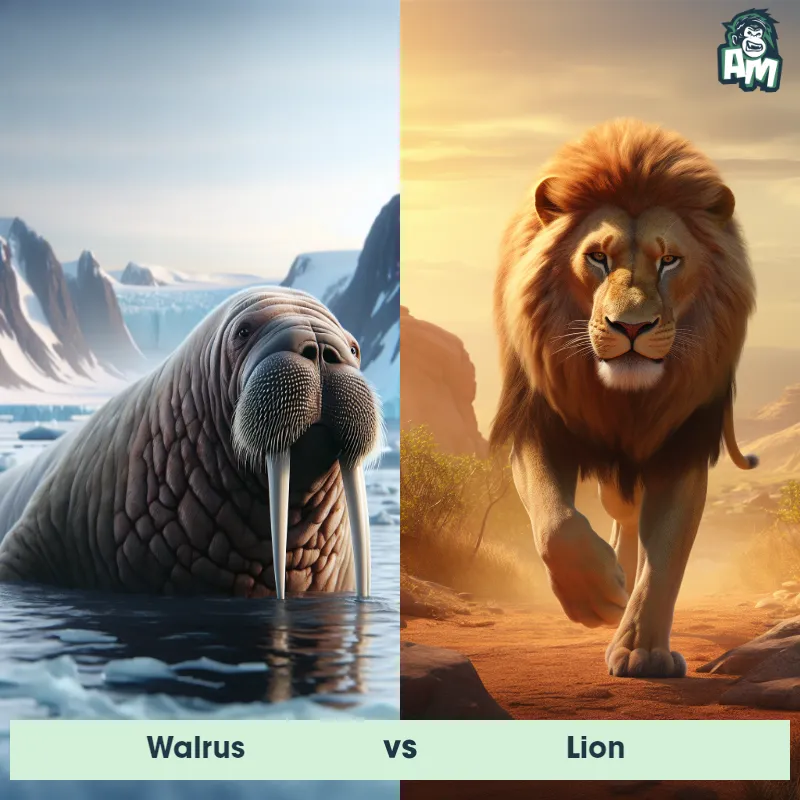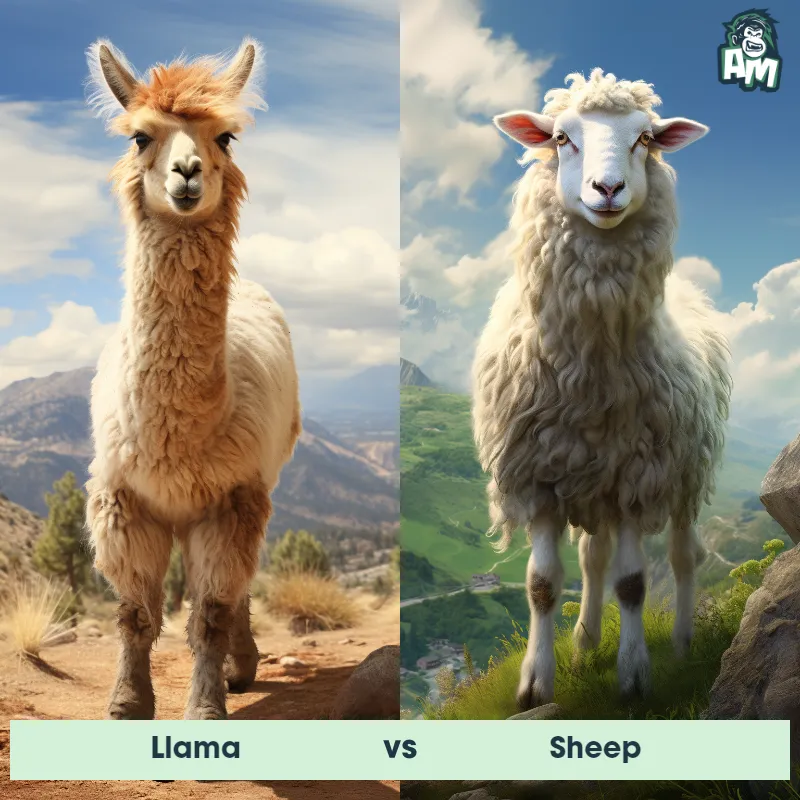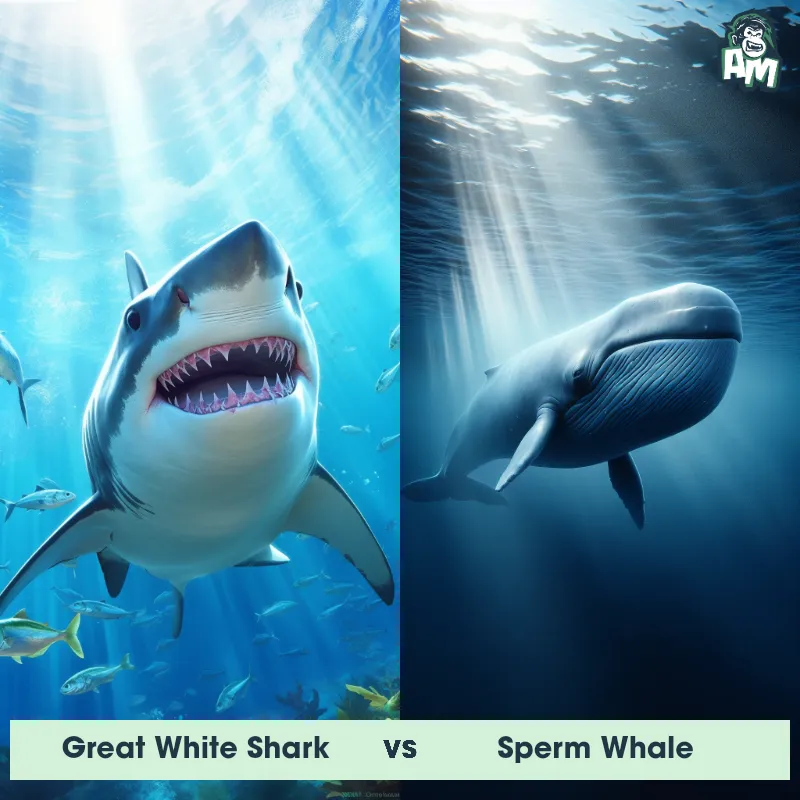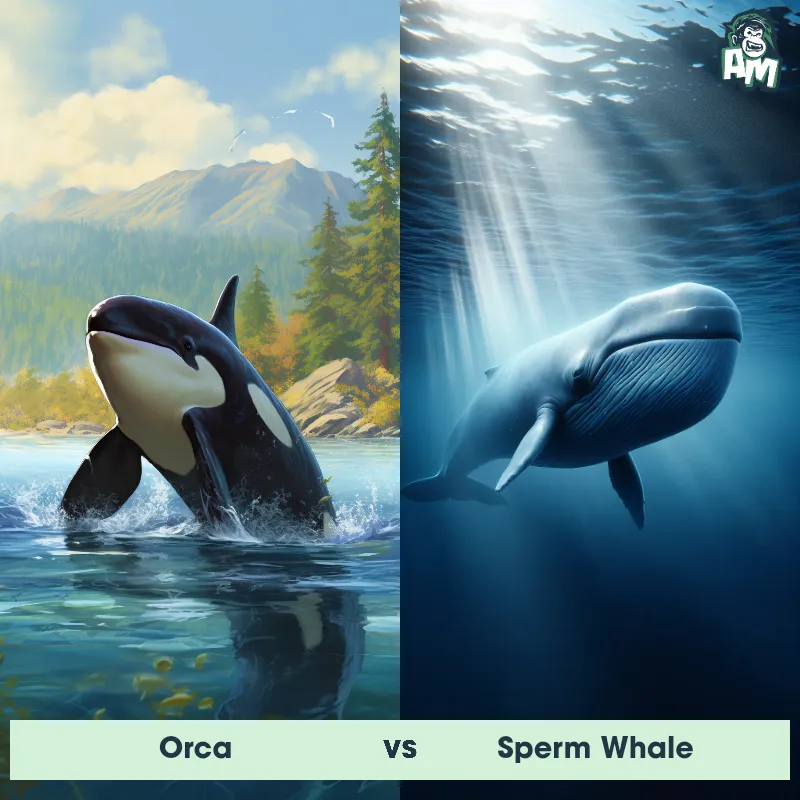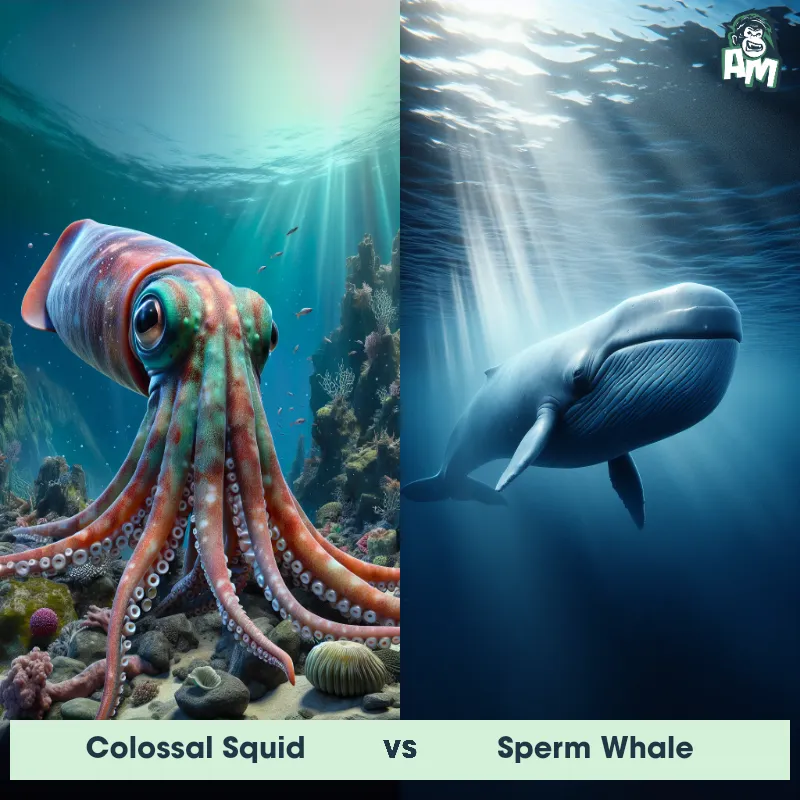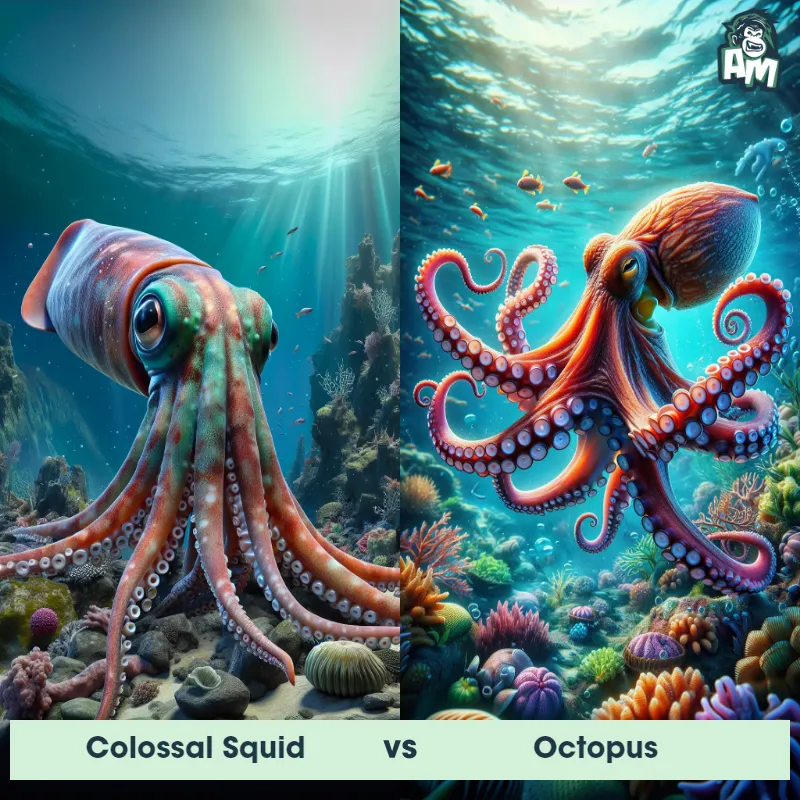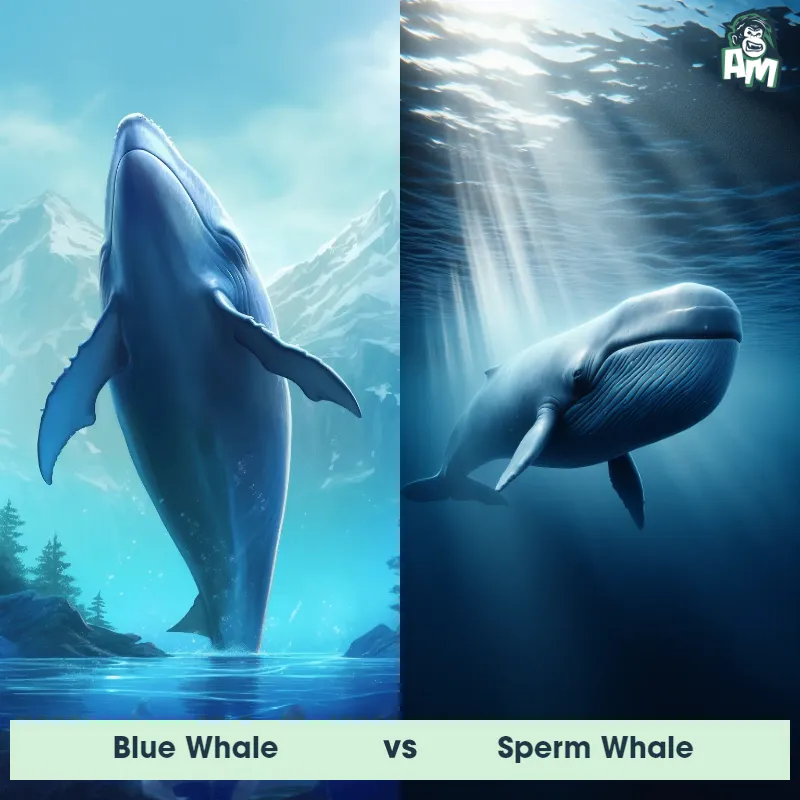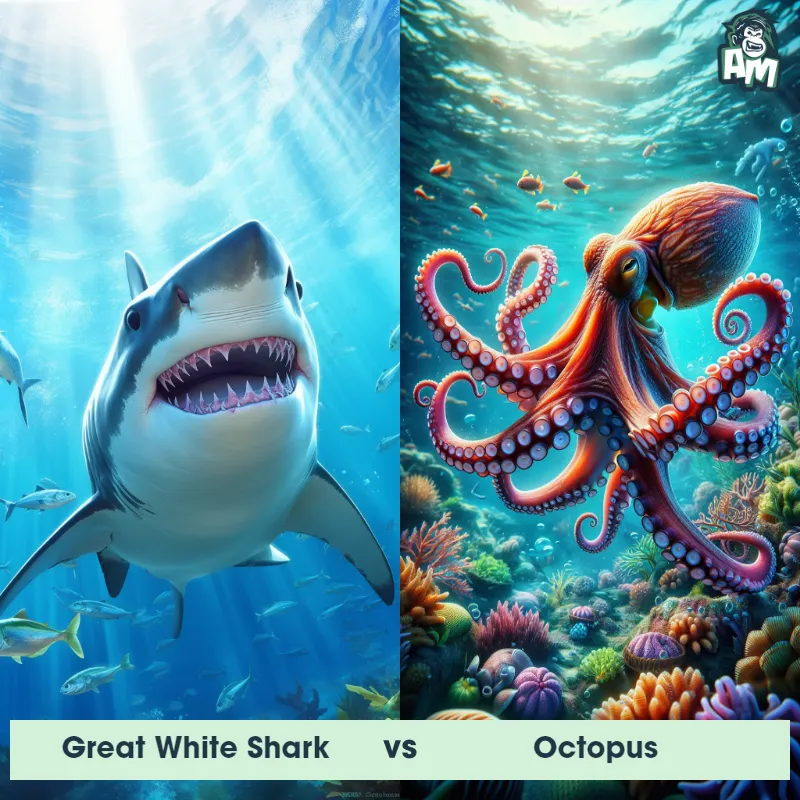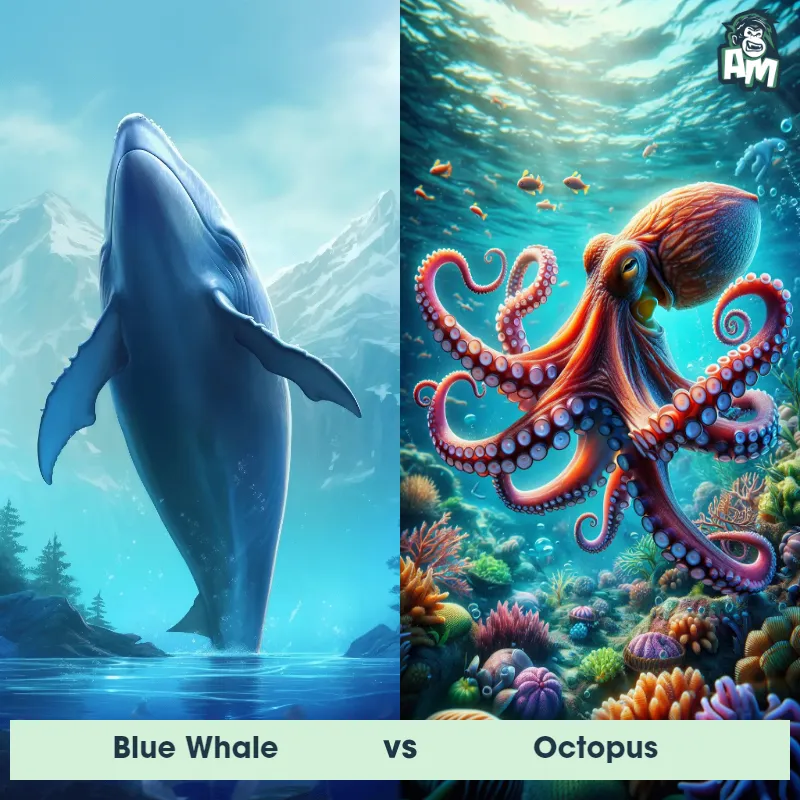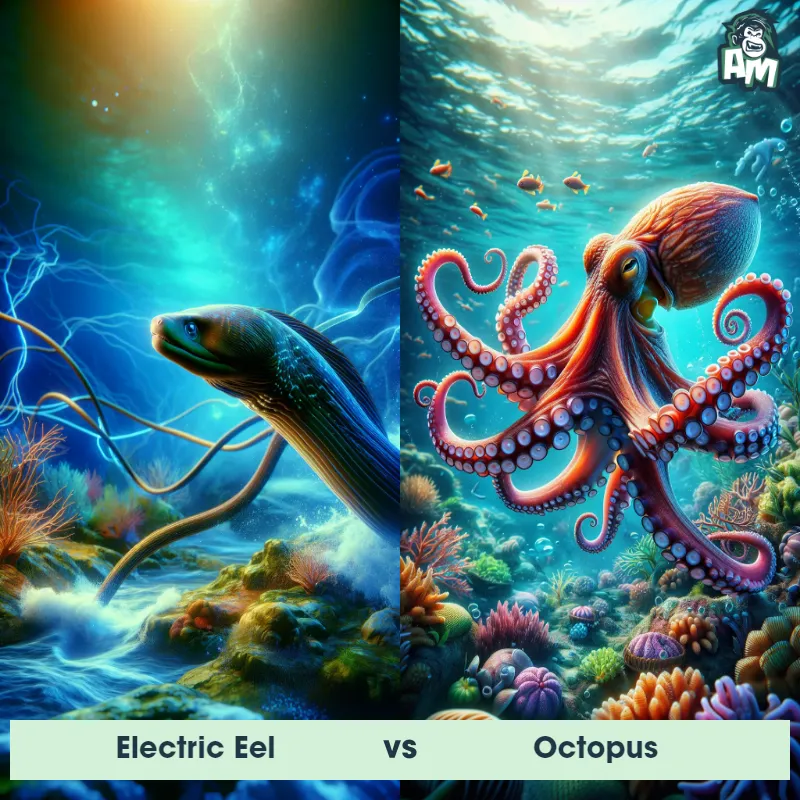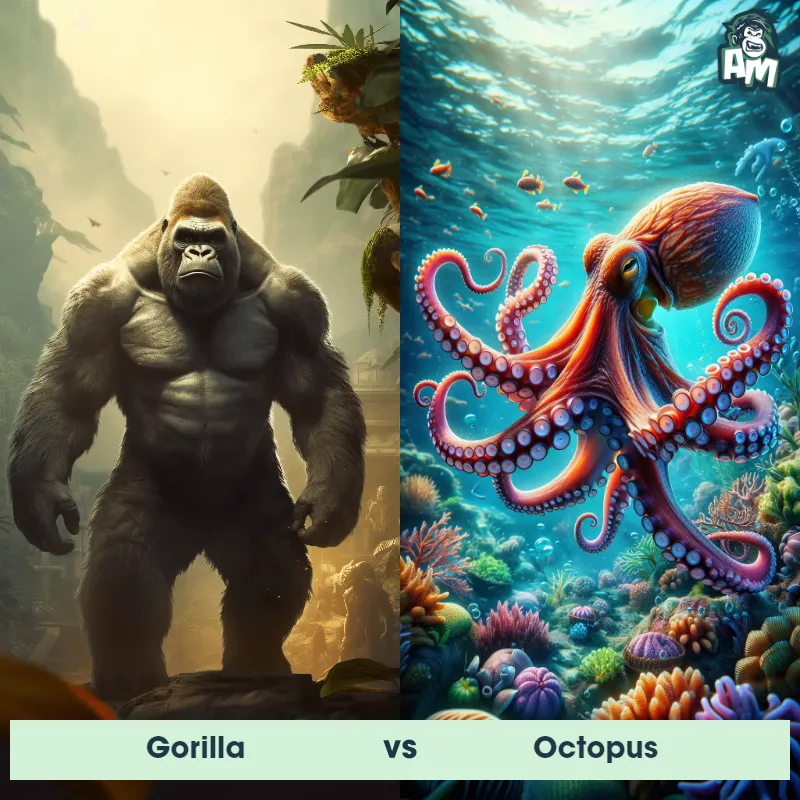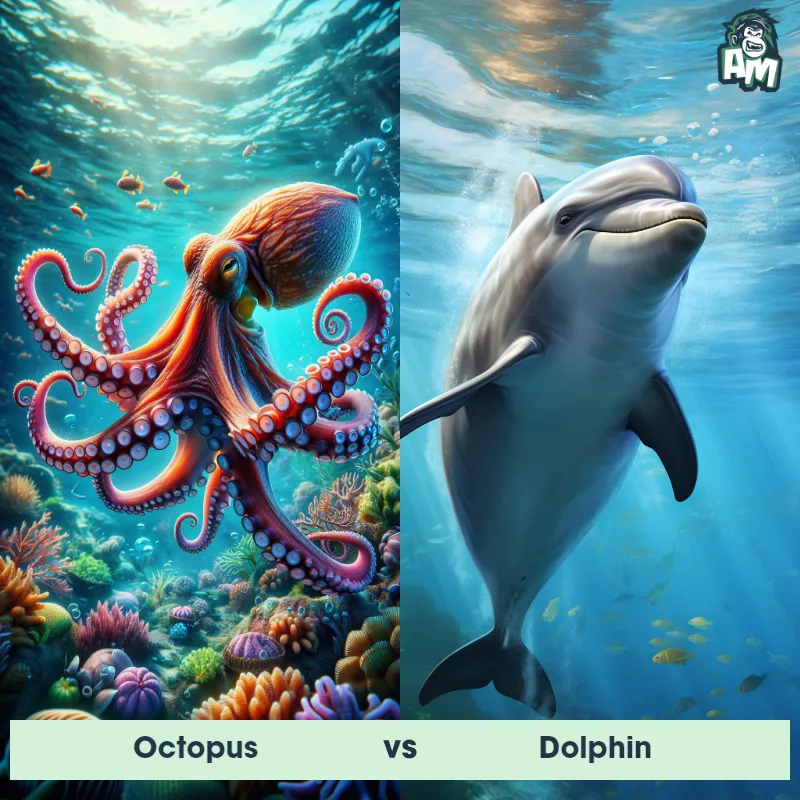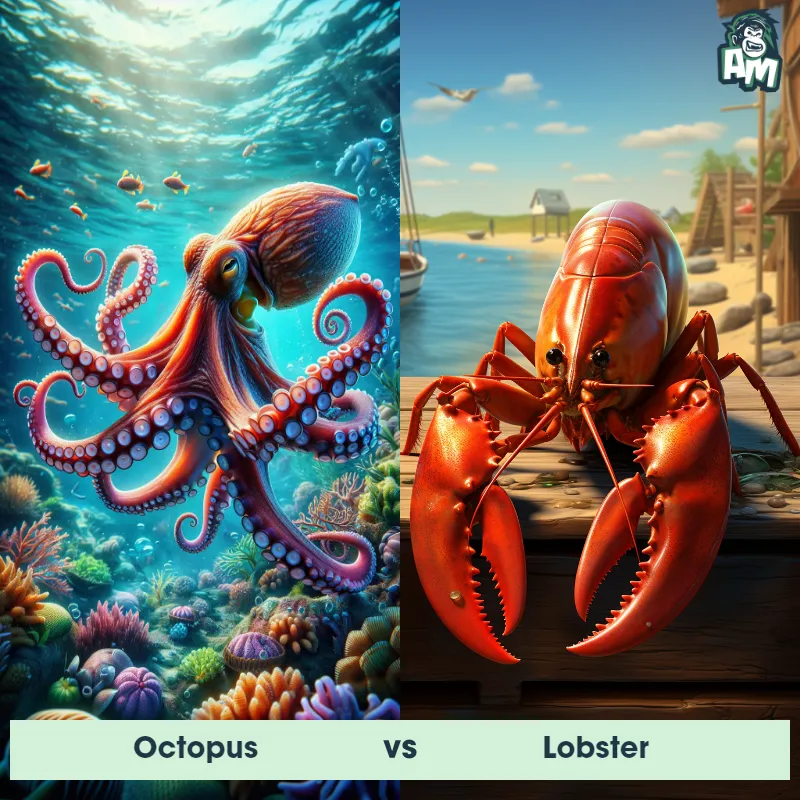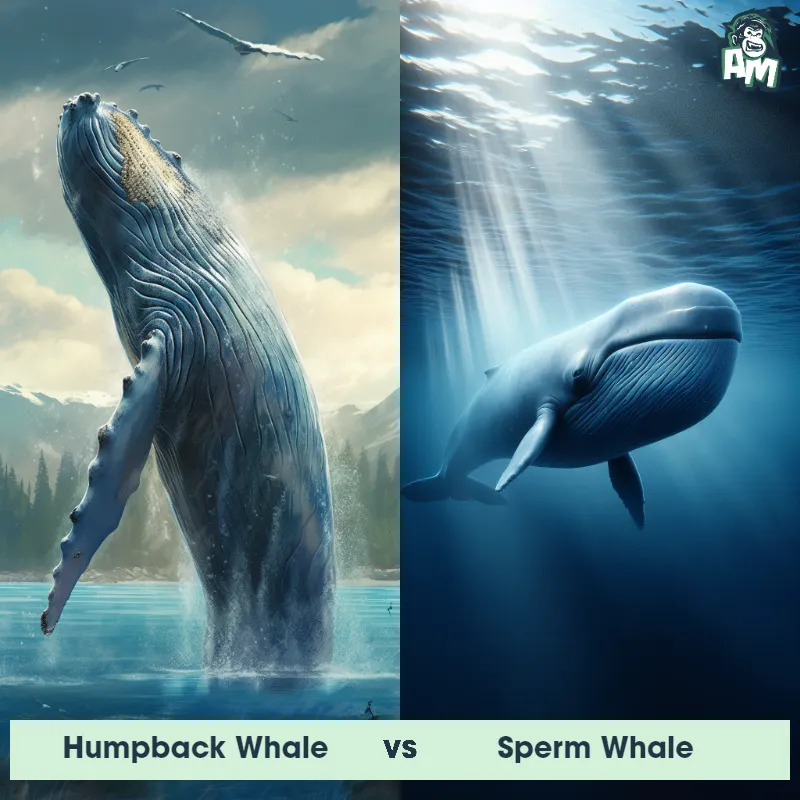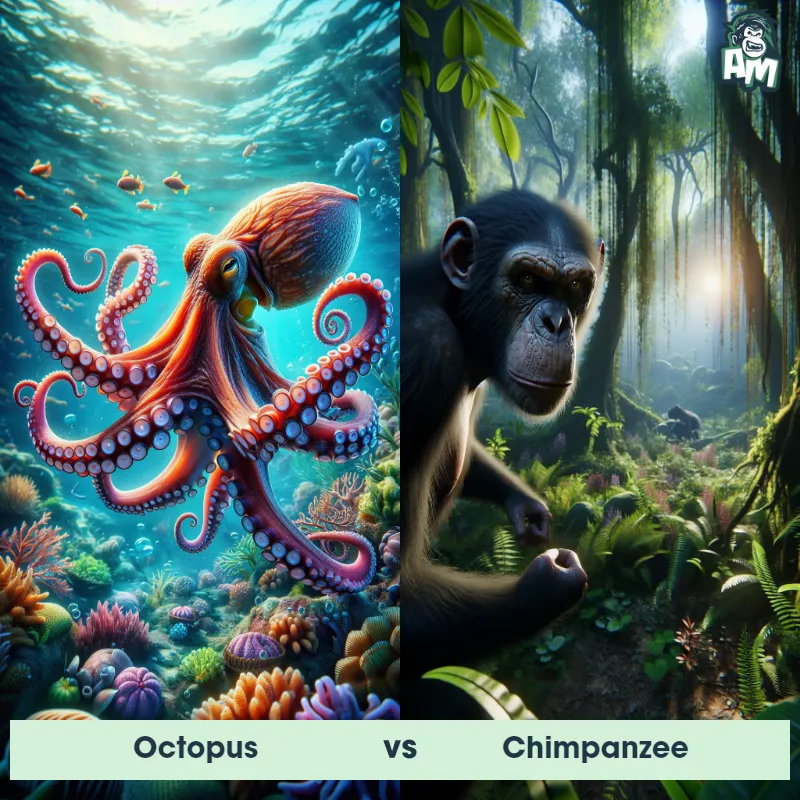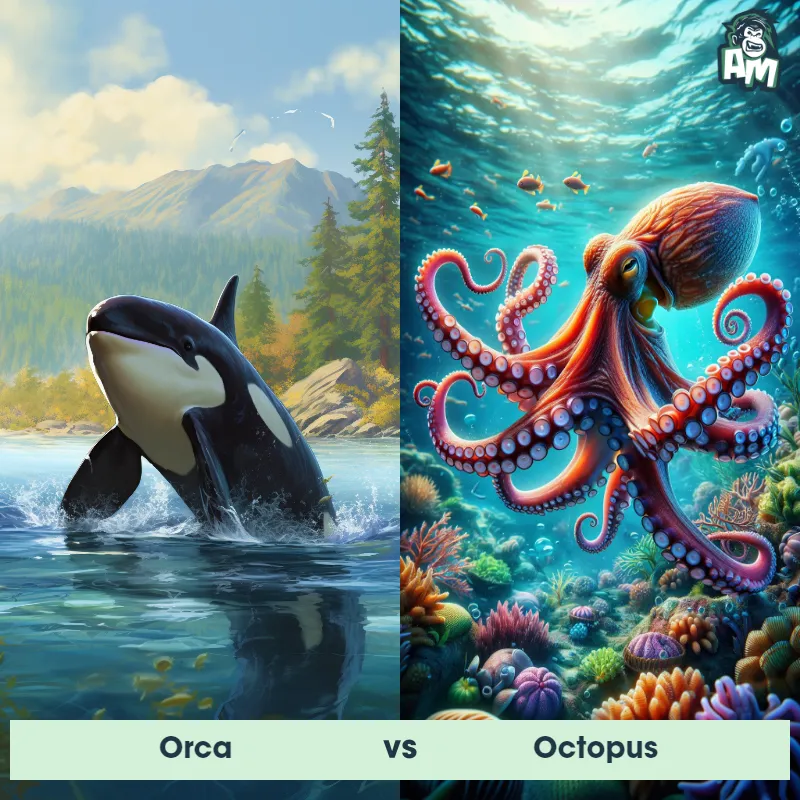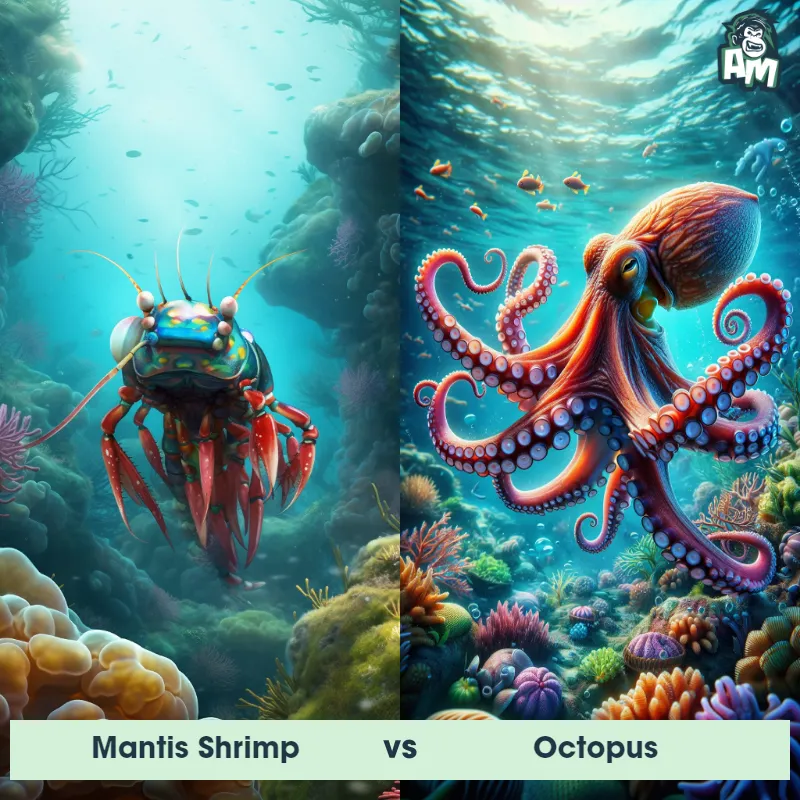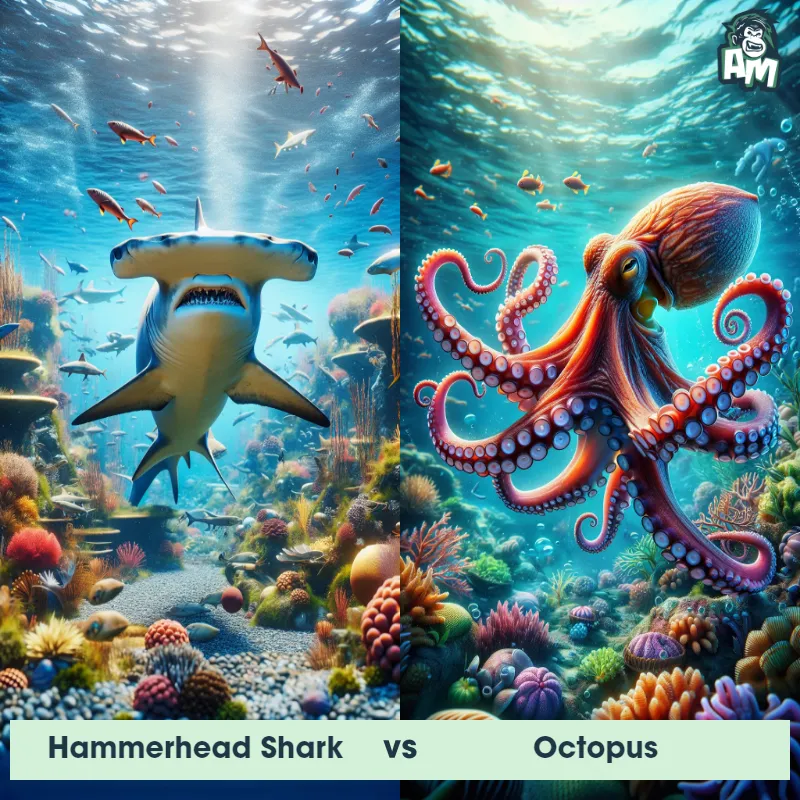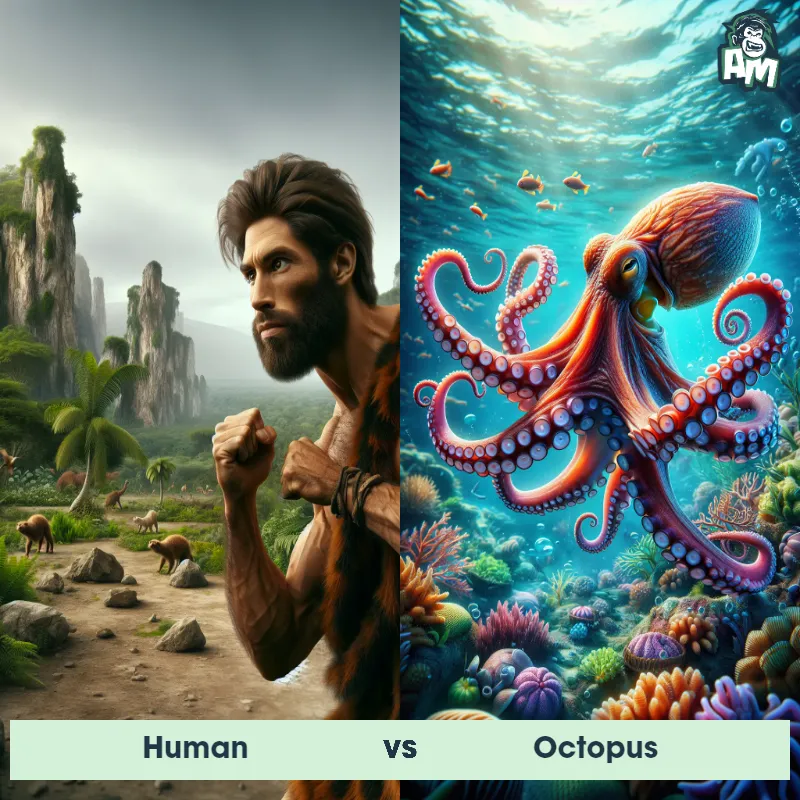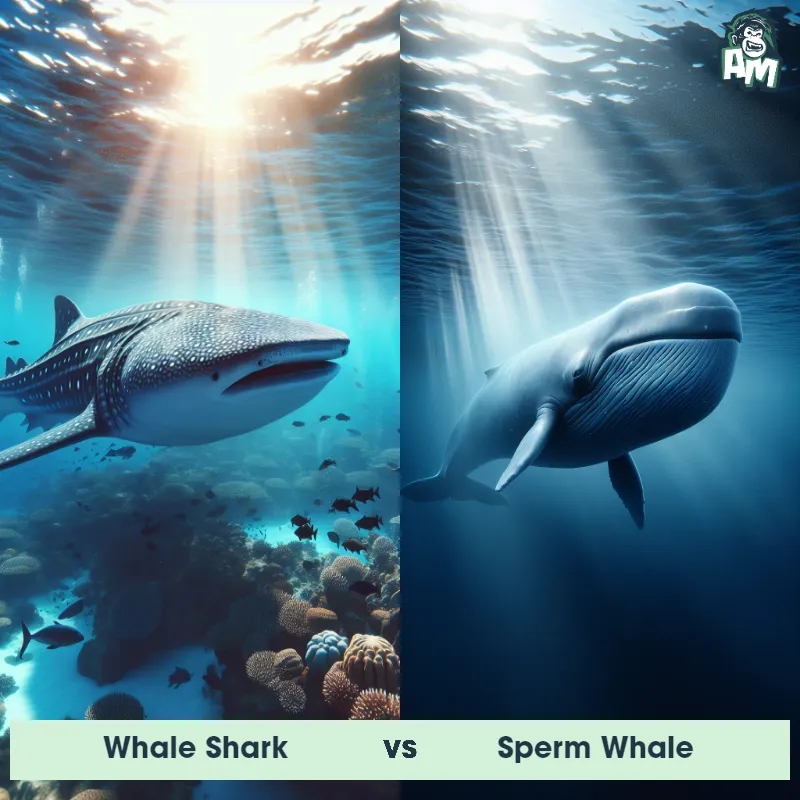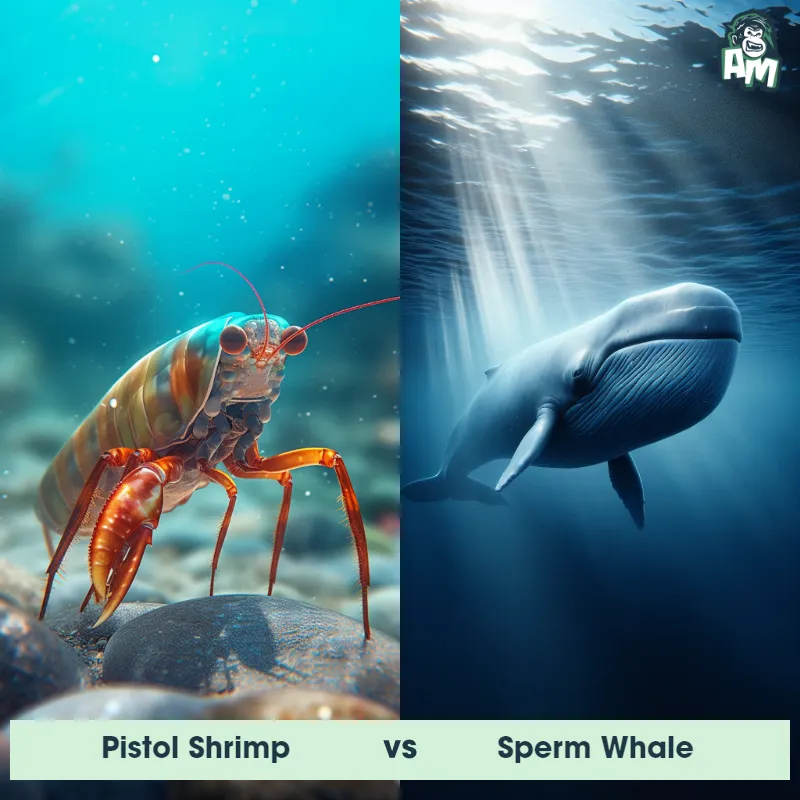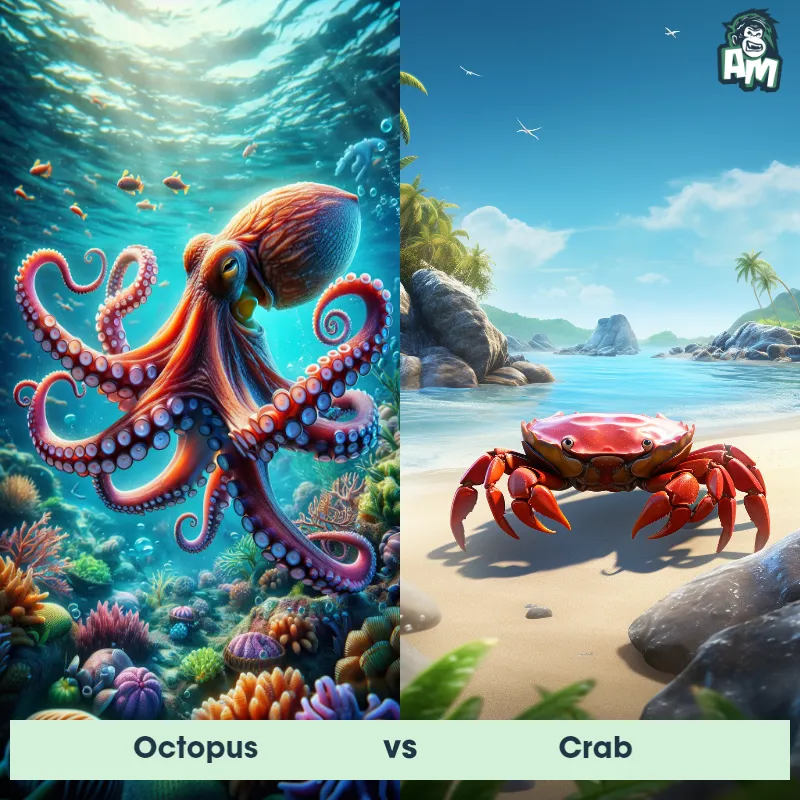Octopus vs Sperm WhaleSee Who Wins

Ladies and gentlemen, welcome to this incredible showdown here tonight! We have an epic battle between two of the ocean's mightiest creatures. In the blue corner, weighing in at several tons, we have the powerhouse of the sea, the Sperm Whale. And in the red corner, with its eight formidable limbs, we have the crafty and elusive Octopus. Both of these creatures are ready to go head-to-head in a fight for dominance. Let's see who will emerge victorious!
Contender 1: Octopus
The octopus is a fascinating marine creature known for its rounded body, large eyes, and eight long arms lined with suckers. They belong to the class of mollusks known as cephalopods and are widely regarded as the most intelligent invertebrates. The octopus's skin color and texture can change dramatically, a trait used for both communication and camouflage. Octopuses are carnivorous, feeding mainly on crabs, shrimp, and other small sea creatures.
Fun Fact: Octopuses have three hearts; two pump blood to the gills, while the third pumps it to the rest of the body.
Contender 2: Sperm Whale
The Sperm Whale, scientifically known as Physeter macrocephalus, is the largest toothed predator in the world and can grow up to 60 feet long, making it one of the largest species of toothed whales. This magnificent creature has a distinct stocky body with a large, box-like head that can make up a third of its total length. They have a dark grayish-brown skin, wrinkled appearance, and a hump-shaped dorsal fin. Sperm Whales possess the largest brain of any creature on Earth and are known for their unique ability to dive to incredible depths, reaching up to 3,000 meters below the surface. They feed primarily on deep-sea cephalopods like giant squid and possess a row of conical teeth on their lower jaw.
Fun Fact: Sperm Whales produce the loudest sound in the animal kingdom. The clicking sounds they emit for echolocation purposes can reach a volume of around 230 decibels, which is equivalent to a jet engine at full throttle.
Matchup Stats
| Octopus | Sperm Whale | |
|---|---|---|
| Size | Varies by species, from 1 inch (2.5 cm) to 14 feet (4.3 m) in arm span | Up to 60 feet (18 meters) long |
| Weight | Varies by species, from less than 1 ounce (28 grams) to 600 pounds (272 kilograms) for the largest species, the Giant Pacific Octopus | Up to 50 tons (45,359 kilograms) |
| Speed | 25mph (40km/h) | 23 mph (37 km/h) |
| Key Strength | High intelligence, ability to change skin color and texture for camouflage, and use of ink for defense | Strong and powerful tail for swimming and propelling through water |
| Biggest Weakness | Soft body with no skeletal structure, making them vulnerable to larger predators | Vulnerable to attacks on the surface due to slow speed |
Current Votes
Octopus vs Sperm Whale
See Who Wins
View More Matches
Looking For More?
Similar Matches
Scientific Stats
| Octopus | Sperm Whale | |
|---|---|---|
| Scientific Name | Octopoda | Physeter macrocephalus |
| Family | Octopodidae | Physeteridae |
| Habitat | Marine environments, from shallow coastal waters to deep-sea trenches | Deep ocean waters |
| Geography | Worldwide, in all oceans | Found in oceans worldwide, but mostly in tropical and temperate regions |
| Diet | Carnivorous, feeding mainly on crabs, shrimp, and other small sea creatures | Mainly deep-sea cephalopods like giant squid |
| Lifespan | 1 year - 5 years | 70 years - 90 years |
Key Differences between Octopus and Sperm Whale
- Predatory Behavior: The Octopus is a highly intelligent predator, using its beak-like mouth and venomous saliva to capture and eat small invertebrates while the Sperm Whale is a top predator, feeding on giant squid and a variety of fish using its enormous mouth.
- Body Shape: While the Octopus has a soft, flexible body with no rigid structure and tentacles, the Sperm Whale possesses a streamlined, barrel-shaped body with a large head and a blowhole on top.
- Size: The Sperm Whale is significantly larger than the Octopus, with an average length of 50 - 80 feet compared to the Octopus which typically reaches only a few feet in length.
- Coloration: Octopuses have the remarkable ability to change the color and pattern of their skin for camouflage, blending with their surroundings, whereas Sperm Whales exhibit a uniform dark gray or brown color with distinctive markings.
- Appendages: Octopuses possess eight arms lined with suckers for grasping and manipulating objects, while Sperm Whales have a large, powerful, toothed lower jaw known as a "spermaceti" organ used for catching prey.
- Habitat: Octopuses are primarily marine animals found in all oceans, including shallow coastal waters and deep-sea trenches. On the other hand, Sperm Whales prefer deeper offshore waters, especially around continental shelves and canyons but are also known to undertake long migrations.



